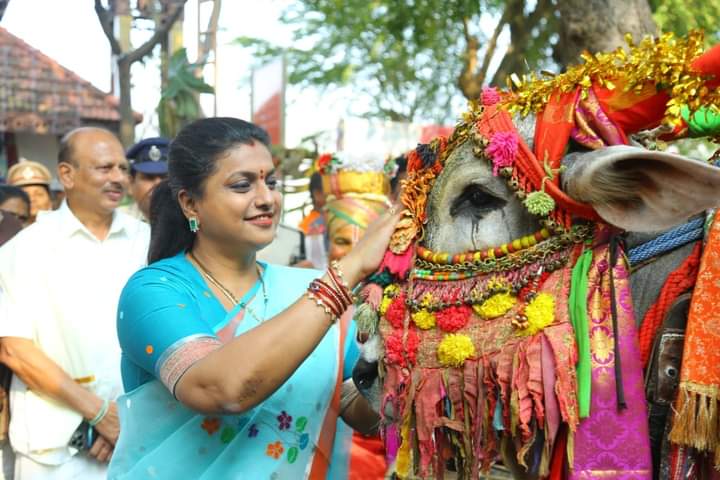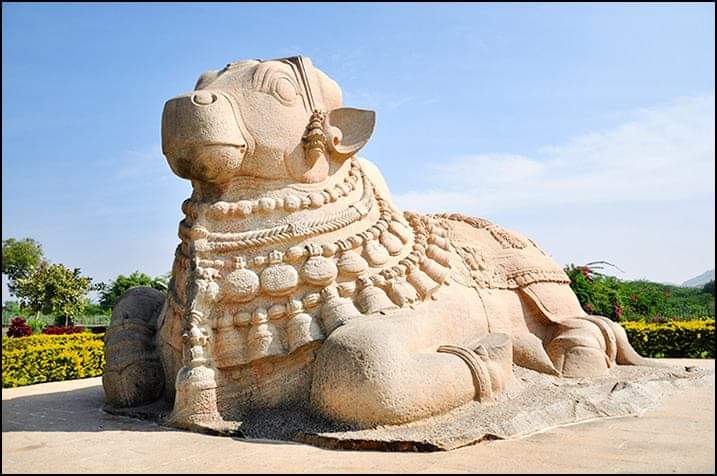Sankranti, also known as Makar Sankranti, is a Hindu festival dedicated to the sun god. It is usually celebrated on the 14th or 15th of January, marking the transition of the sun into the zodiac sign of Makara (Capricorn).
Sankranti is a vibrant festival that reflects the diversity and rich cultural heritage of India. It brings communities together in joyous celebrations, fostering a sense of unity and gratitude for nature’s bounty.

Key aspects of the festival:
1. Harvest Festival:
Sankranti is often associated with the harvest season, symbolizing the abundance of crops. It is a time for farmers to celebrate the fruits of their hard work.
2. Regional Variations:
The festival is celebrated with different names and customs across various regions of India. For instance, it is called Pongal in Tamil Nadu, Uttarayan in Gujarat, and Lohri in Punjab.
3. Traditional Foods:
Special dishes are prepared during Sankranti, often using newly harvested crops. In South India, Pongal, a dish made with newly harvested rice, is a traditional delicacy.
4. Kite Flying:
In some regions, especially in North India, flying kites is a popular activity during Sankranti. People engage in friendly kite-flying competitions, adding a colorful and festive atmosphere to the celebration.
5. Bonfires and Rituals:
In states like Punjab, people light bonfires during Lohri, singing and dancing around them. Rituals and prayers are also performed to seek blessings for prosperity and well-being.
6. Charity and Donations
Sankranti is considered an auspicious time for charity and donations. Many people participate in acts of goodwill, contributing to the community’s welfare.
7. Cultural Significance:
Beyond its agricultural and seasonal connection, Sankranti holds cultural and religious significance. It is believed that taking a holy dip in rivers during this time cleanses one’s sins.
Also read: Bonalu: a distinctive traditional festival of Telangana





The festivals of Andhra Pradesh reflect the state’s cultural, religious, and agricultural diversity. These celebrations not only provide a platform for the expression of religious fervor but also serve as a means to promote tourism and showcase the rich heritage of the region. The people of Andhra Pradesh continue to uphold these traditions, passing them down through generations, ensuring that the spirit of these festivals remains vibrant and integral to the state’s identity.
https://www.indianetzone.com/78/festivals_andhra_pradesh.htm